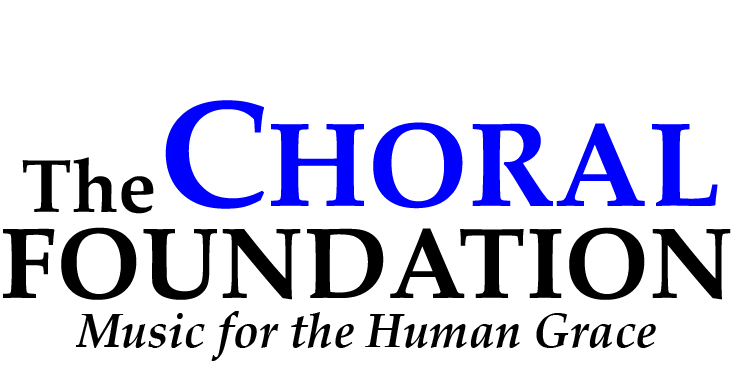Based on research by Dassie-Leite et al., Journal of Voice (2024)
Even weeks after recovering from COVID-19, many people say something still feels "off" with their voice. A recent study helps explain why—and offers insight for singers, teachers, and anyone who depends on their voice.
Researchers followed 45 adults who had recovered from COVID-19. On average, they were surveyed about six weeks after their diagnosis. Participants were asked to reflect on their voice before, during, and after having COVID.
The results were striking:
During COVID-19, the most common voice complaints were vocal fatigue (73%) and dry throat (71%).
After recovery, symptoms didn’t just vanish. Over half still reported a dry throat, and many still experienced phlegm, hoarseness, or a tired voice—even after light use.
The study also found that people who had oxygen therapy or who had prior voice complaints were more likely to experience lingering issues.
Why does this happen? The researchers believe it’s partly due to the effects of COVID-19 on the lungs and upper airway. If breathing is compromised—even subtly—it can affect airflow and pressure, making it harder for the vocal folds to function efficiently. Add in dehydration or inflammation, and the vocal system can struggle to recover.
In my own voice studio, I’ve seen a steady stream of singers come in weeks or even months after recovering from COVID-19—many after relatively mild cases. What they share in common is this: they had to keep speaking, singing, and working while their voice was still healing. This often leads to compensatory habits—like excessive tension or pushing for volume—that can become ingrained if left unaddressed. These habits may be subtle, but they interfere with efficiency and ease, and can prolong recovery unless guided support is provided.
What You Should Know: If you’re a singer, teacher, or professional voice user and your voice still doesn’t feel normal weeks after COVID, don’t brush it off. These symptoms are real and common. A voice evaluation from a qualified voice specialist can help you identify what’s going on and start the path to healing.
Your voice matters. And it’s okay to ask for help getting it back.
Institute for Healthy Singing & Voice Research
Jamea J. Sale, PhD, Director
Sing for a Lifetime
JSale@HealthySinging.org
Reference:
Dassie-Leite, A. P., et al. (2024). Vocal Signs and Symptoms Related to COVID-19 and Risk Factors for their Persistence. Journal of Voice, 38(1), 189–194. https://doi.org/10.1016/j.jvoice.2021.07.013

